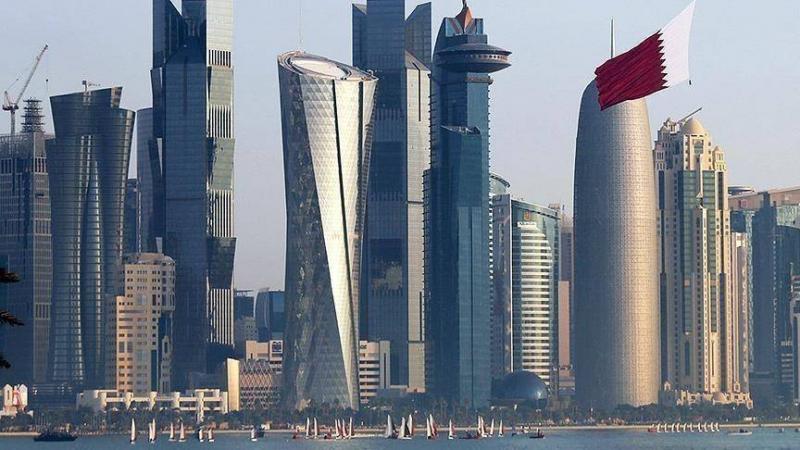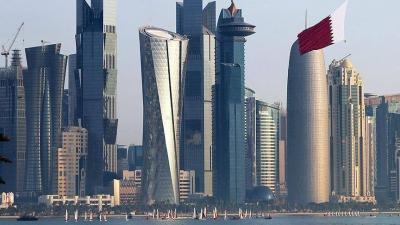Many Lebanese officials had hoped that the World Cup was still ongoing in Qatar, as "football diplomacy" has benefited them: visits, discussions, all under the guise of being invited to attend the matches. However, the World Cup has concluded, Lionel Messi has lifted the trophy for Argentina, while none of the "presidential players" have brought the presidency's trophy to Lebanon. It has become evident that the "Lebanese Presidential World Cup" extends for more than a month, and it appears to have no set end date, as it is not tied to quarter-final and semi-final qualifiers. Rather, it is a complex process that begins in Beirut and passes through Riyadh, Tehran, Paris, the Vatican, and reaches Washington, not to mention Damascus despite the ongoing war in Syria for eleven years.
The file regarding the presidential elections in Lebanon has not matured because it is not a priority except for the Lebanese themselves; meanwhile, the aforementioned capitals that make decisions in this regard are in no hurry, each having its own priorities. Tehran wants to know its position, especially after the qualitative changes in the region, both those that have occurred and those anticipated. In this context, the Iranian capital is monitoring the activities of the new Israeli Prime Minister Benjamin Netanyahu towards the Gulf, with information about a visit he plans to one of the Gulf states, expected to take place this month at the latest. The Iranian observation of this visit arises from Netanyahu's stance on the Iranian nuclear issue.
Washington is preoccupied with the Ukrainian war and has given a "yellow light" to Paris to engage with the Lebanese file, a move following French President Emmanuel Macron's visit to the United States. Paris knows that this American concession is merely a consolation prize and cannot be “liquidated” unless Tehran agrees, which is not likely due to the poor relations between France and Iran. French interest has shifted from a previously anticipated visit by Macron to Lebanon to a visit by his defense minister to spend New Year's with the French forces within the United Nations peacekeeping mission.
Saudi Arabia refuses to engage in any presidential market concerning names and directs those who approach them to refer back to what was stated in the conference held at UNESCO on the occasion of the thirty-third anniversary of the Taif Agreement, especially regarding the implementation of its remaining provisions and the achievement of necessary reforms.
In conclusion, Iran wants the nuclear agreement, while Israel under Netanyahu seeks to eliminate the Iranian nuclear program. Amid these two divergent positions, Lebanon, the weakest link, has no choice but to wait. But for how long? This is something that no one can predict.




